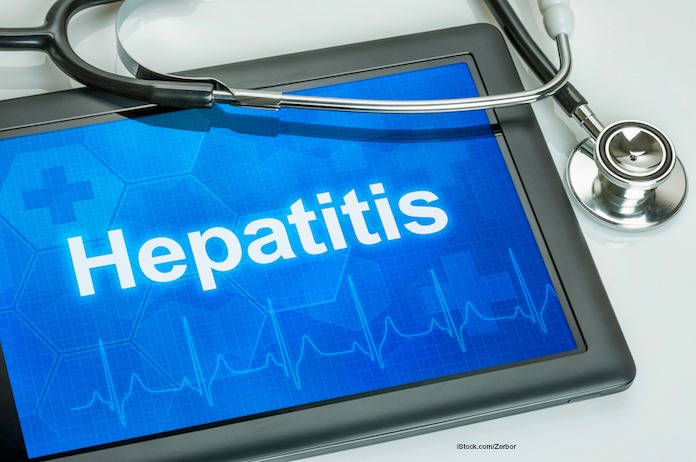The principal of Benjamin Parker Elementary School in Kaneohe, Hawaii has sent a letter to parents telling them that a cafeteria kitchen worker has been diagnosed with hepatitis A. That person worked in the kitchen from August 28 to 30, 2016. All meals will be prepared offsite until further notice.

All children should have been vaccinated against hepatitis A as part of routine childhood vaccinations. Any child who is vaccinated is immune to the illness caused by this virus. But any children who have not previously been vaccinated should be seen by their pediatrician for a discussion about a vaccination.
The letter was sent out too late to warn parents and get their children vaccinated if they were not, since the shots are only effective if given within 14 days of exposure to the virus. Now, any children who were not vaccinated should be monitored for the symptoms of hepatitis A.
Those symptoms include fever, jaundice (yellowing of the eyes and skin), dark urine, clay colored stools, weight loss, fatigue, and loss of appetite. Symptoms usually appear within two weeks of exposure, but may not appear for as long as 50 days. And some people may be infected and not show any symptoms at all.
In addition, people are contagious for two weeks before they get sick, so may inadvertently spread the virus to others. The hepatitis A virus is spread through the fecal-oral route and is easily spread person to person and through contaminated food and drink.
There is an ongoing hepatitis A outbreak in Hawaii that has sickened at least 276 people. Those illnesses have been linked to raw scallops imported from the Philippines that were served at Genki Sushi restaurants on Oahu and Kauai. Food workers from six restaurants and two flight attendants on Hawaiian Airlines have also been diagnosed with hepatitis A, although those businesses are not linked to the outbreak.
If you have been diagnosed with hepatitis A, stay home from work and school until your doctor clears you to return. Always wash your hands well with soap and water after using the bathroom, changing a diaper, or caring for someone who is sick to stop the spread of this and other illnesses. And wash your hands thoroughly with soap and water before preparing food and drink for others.




